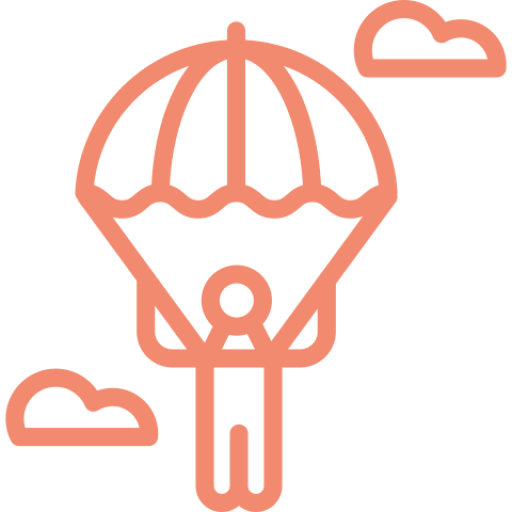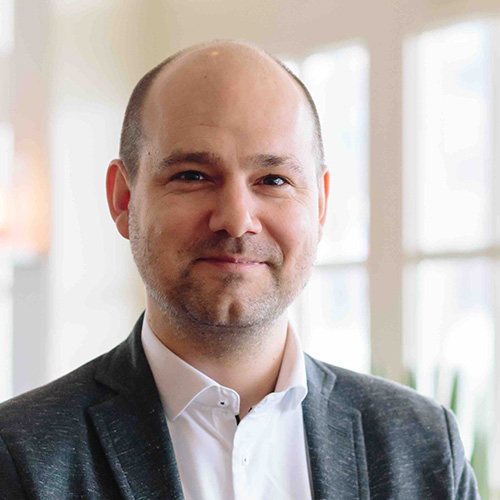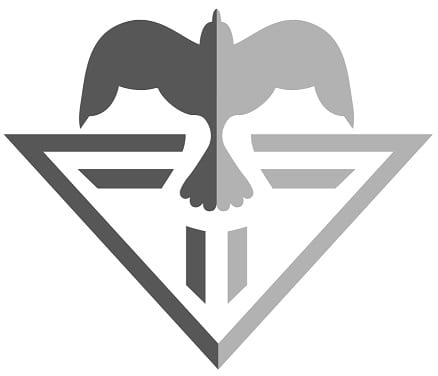I recently read Originals by Adam Grant, an American organizational psychologist who spent years studying the dynamics of success and productivity in the workplace. In this book, he analyzes how original thinkers challenge the status quo through novel ideas and values that go against engrained systems and conformity. Though most of the examples supporting his findings come from business leaders, entrepreneurs and politicians, I believe that his advice is universal and can benefit both the for-profit and the non-profit sectors. Indeed, despite cultural or social differences, originals have in common their desire to improve the world.
Originals have in common their desire to improve the world.
Through a series of four articles, we will explore how triggering and nurturing a culture of originality will help you achieve better results, as a social purpose organization, as a team and as an individual. The latter is our focus in today’s post.
Have you ever felt like your ideas were not creative enough, that your imagination was constrained by traditional thinking patterns that prevented you from thinking outside the box? Then, applying some or all of the actions below will help you unchain your creative self.

Question the default
The starting point to originality is curiosity. Curiosity for alternatives. Most people tend to rationalize the status quo even when it doesn’t meet their need, personality or expectations. Originals on the other hand challenge the default, sometimes reject it, and explore better or new options.
Questioning the default can be as easy as changing your internet browser! Indeed, a study conducted by Cornerstone OnDemand over 50,000 people, concluded that Firefox and Chrome users showed more initiative and creativity than Safari and Internet Explorer users who accepted the default browser of their computers. The study also concluded that the users of non-default browsers performed better on the job, missed 15% less days and were 70% more likely to get a promotion.
The starting point to originality is curiosity. Curiosity for alternatives.
Such astonishing results are not really linked to the browsers themselves, but rather to the capacity of the users of non-default solutions to challenge the default. Such people live by the same principle while at work. Indeed, they will tend to challenge their role description when unhappy with their job, and therefore create the right environment for their professional growth and happiness.
Now the question is, how can you question the default if you don’t even see that you are evolving in or with a default system? Change perspective, ask yourself whether you accepted a tool without questioning its purpose and whether it could be improved. Look at familiar things in an unfamiliar way. Become a child again. For a moment, free your grown-up mind from all the concepts you have learned over time. Is there only one way to write a winning proposal?

Triple the number of ideas you generate
Contrary to common beliefs, creative geniuses are not better in their field than their peers. Their difference lies in their determination to explore more ideas, generate more work and thus more variations that can lead them to be original. Albert Einstein for instance wrote more than 200 publications that didn’t have any impact, and Edison 1093 patents that went unnoticed!
Along with generating a large number of ever more refined ideas, get feedback on them. Don’t be too secretive and ask your target audience, colleagues and friends for their opinion. However, keep in mind that peer evaluation tend to provide the most accurate judgment of your idea, while clients or managers generally tend to over- or under-evaluate it.

Keep a sense of security
Originals are often rightfully seen as risk-takers. However, they are also risk-averse. They are bold on the surface but scared inside. Originals don’t bet it all on their idea but have caution in other areas of their lives. Indeed, many successful innovators kept their job (or a side job) or kept following their studies while developing original ideas. Doing so, they created a safe space for themselves to escape the pressure of meeting one’s basic needs and obligations. They could thus unleash their creativity without any financial or emotional hindrance.
What does it mean for you as an NGO or fundraising professional? Perhaps you could take 10% to 20% of your working time to generate novel ideas, on Fridays afternoon for instance. Such division would allow you to achieve your job targets (80% to 90% of your time) and develop new perspectives without putting your position, or the organization you are working for, in jeopardy.

Procrastinate strategically
Though commonly viewed as a hindrance to productivity and results, strategic procrastination is seen positively when it comes to creativity. Indeed, putting your reflection on hold for an uncertain amount of time, allows your thoughts and ideas to be processed. Having a walk, exercising, reading or watching a movie while keeping the task in the back of your mind, leads you to consider a variety of options, problems and solutions and therefore to come up with more innovative ideas.

Immerse yourself in a new domain
The more you get knowledgeable in a domain, the more you get entrenched in it and the least you are open to novel ideas. As such, stepping out of your comfort zone, professionally or personally, by trying out a new craft, momentarily joining a new team or learning about a different culture can help you foster your creativity and therefore challenge the status quo!

Claire Barthet
Over the years, Claire put her marketing and communication skills at the service of both non-profit and cultural organizations in Europe, Asia and South America. She also shaped and trained teams in both sectors. She now enthusiastically shares her experience with Han Valk Fundraising Consultancy as well as with our partners.
stay up to date
We have at heart to be a resource to you. According to your preference, we will share insights, trainings, networking events and career opportunities that might be of interest for anyone from entry-level to seasoned professionals.
Contact
Phone
+31 (0)6 30 69 45 95
Address
Eursinge 8, 7935AB Eursinge (de Wolden), The Netherlands
228 East 45th Street, Suite 9E New York, NY 10017, USA
info@hvfc-international.com
Join us on
© 2024 HVFC International. All rights reserved.
HVFC ® is a registered trademark of HVFC International B.V.

